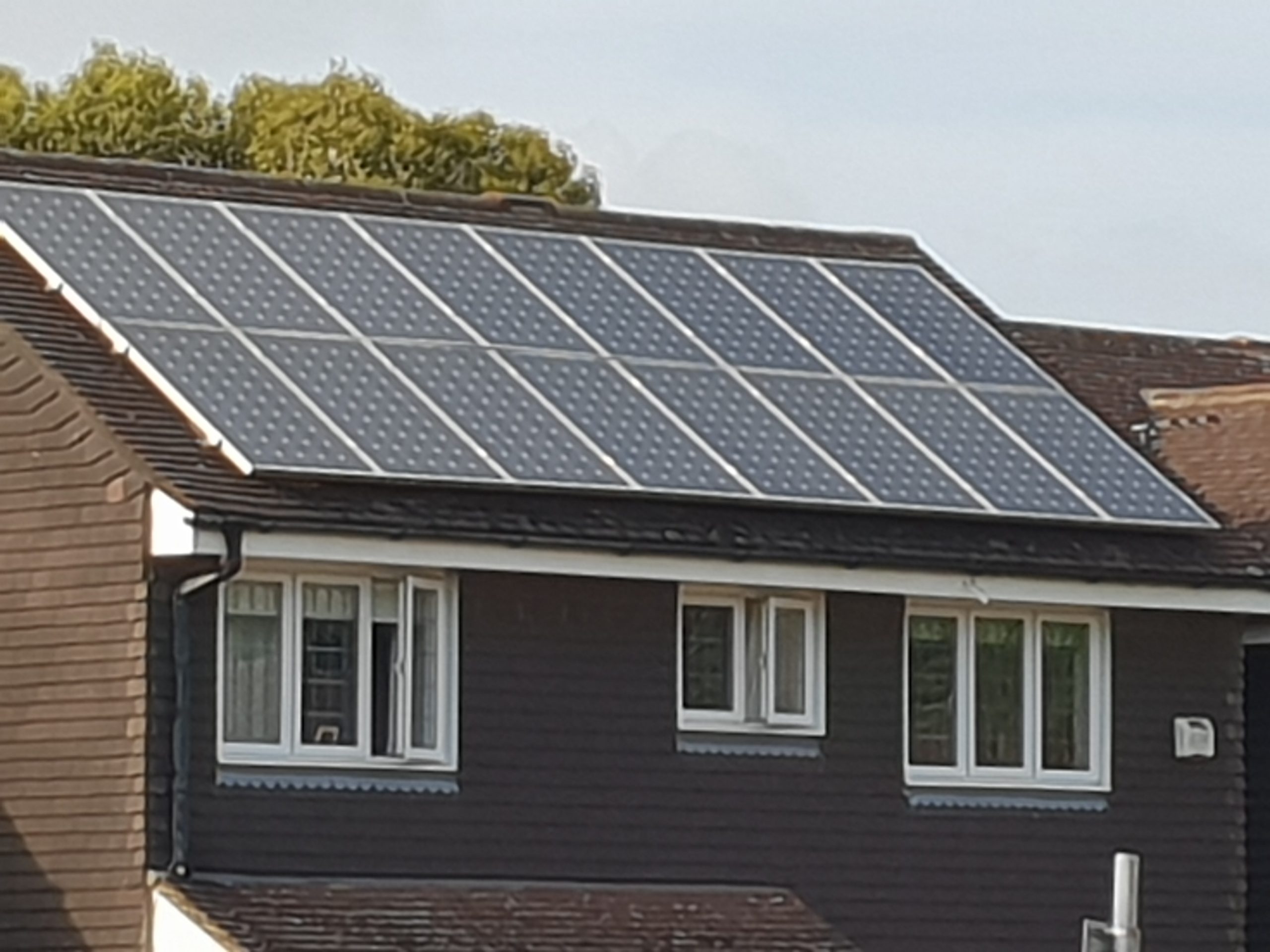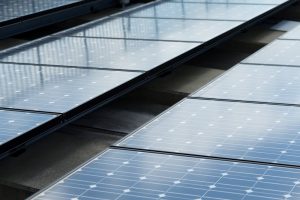Proposals for solar farms on green fields are now common. Such proposals split local environmentalists between those who want to preserve nature and farming, and those who think the country needs solar energy at all costs. Rooftop solar can help us reach net zero while protecting our countryside, but we need to look at how it could work for renters and landlords.
Property ownership and rooftop solar
There are three sectors of housing ownership in England: freehold, leasehold and rented. Placing solar panels on the roof of a freehold property is, in the most cases, in the control of the owner and therefore fairly straightforward. But in the private rented sector there are few incentives for private landlords to install solar panels as the warmth, comfort and reduced bills don’t benefit them.
Leaseholds are usually blocks of flats with complex legal ownership arrangements. For example, leaseholders don’t usually own the external parts of the building (i.e. the roofs and walls) which is where rooftop solar would be installed. We need to see the government do more to support and encourage both freeholders and private landlords to embrace rooftop solar. This has huge potential to bring about clean energy across England, as estimates show that around 30% of the housing stock in England is either owned by private landlords or a leasehold property.
Read more: Thecountrysidecharity






